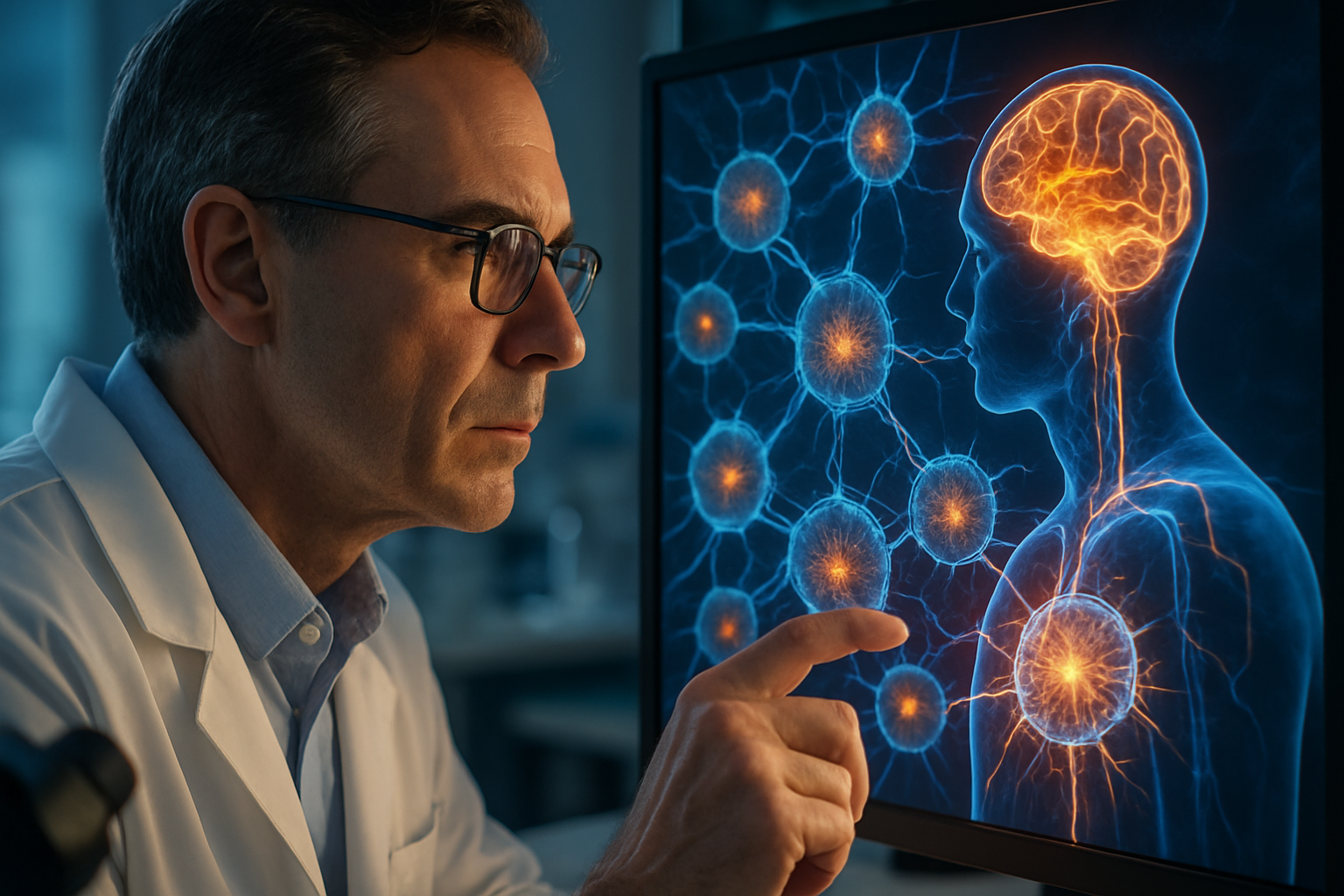Huntington's Disease Treatment: Current Options and Future Prospects
Huntington's disease (HD) is a devastating genetic disorder that causes progressive brain damage, affecting movement, cognition, and behavior. While there is currently no cure for HD, various treatment options aim to manage symptoms and improve quality of life for patients. This article explores the current landscape of Huntington's disease treatment and looks ahead to promising developments in the field.

What is Huntington’s Disease and How Does It Progress?
Huntington’s disease is an inherited condition caused by a defective gene that produces an abnormal protein called huntingtin. This protein accumulates in brain cells, particularly in regions controlling movement and cognition, leading to their gradual deterioration. Symptoms typically begin between ages 30 and 50, progressing over 10-25 years. Early signs may include mood changes, clumsiness, and difficulty concentrating. As the disease advances, patients experience involuntary movements (chorea), cognitive decline, and psychiatric problems.
What Are the Current Treatment Options for Huntington’s Disease?
While there is no cure for Huntington’s disease, several treatments can help manage symptoms:
-
Medications: Various drugs can address specific symptoms such as chorea, depression, anxiety, and psychosis. Tetrabenazine and deutetrabenazine are FDA-approved for treating HD-related chorea.
-
Physical therapy: Exercises and techniques to improve balance, strength, and mobility can help patients maintain independence longer.
-
Occupational therapy: Strategies to adapt daily activities and use assistive devices can enhance quality of life as the disease progresses.
-
Speech therapy: As speech and swallowing difficulties emerge, therapists can provide techniques and tools to maintain communication and safe eating.
-
Nutritional support: Proper nutrition is crucial, as HD patients often experience weight loss and difficulty eating.
-
Mental health support: Counseling and support groups can help patients and families cope with the emotional challenges of HD.
How Effective Are Current Huntington’s Disease Treatments?
Current treatments for Huntington’s disease focus on symptom management rather than stopping disease progression. Their effectiveness varies among individuals:
-
Chorea medications can reduce involuntary movements by 25-50% in many patients, improving daily functioning.
-
Antidepressants and antipsychotics often provide significant relief from psychiatric symptoms.
-
Physical and occupational therapies can help maintain independence for longer periods, though their impact diminishes as the disease advances.
-
Speech therapy can prolong communication abilities and safe swallowing, but eventually, alternative communication methods may be needed.
While these treatments can improve quality of life, they do not alter the underlying disease course or prevent eventual decline.
What New Treatments for Huntington’s Disease Are Being Researched?
Exciting research is underway to develop treatments that could slow or stop HD progression:
-
Gene therapy: Approaches to reduce production of the mutant huntingtin protein or deliver healthy genes to affected cells.
-
Stem cell therapy: Potential replacement of damaged neurons with healthy ones derived from stem cells.
-
CRISPR gene editing: Precise modification of the defective HD gene to prevent protein accumulation.
-
Antisense oligonucleotides (ASOs): Molecules designed to interfere with mutant huntingtin production.
-
Small molecule drugs: Compounds that could enhance cellular waste removal or improve energy production in affected neurons.
While these approaches show promise in laboratory and animal studies, they are still in various stages of clinical trials and are not yet available as standard treatments.
What Unique Challenges Does Huntington’s Disease Treatment Face?
Treating Huntington’s disease presents several unique challenges:
-
Brain delivery: Many potential treatments struggle to cross the blood-brain barrier effectively.
-
Long-term effects: As HD is a lifelong condition, treatments must demonstrate safety and efficacy over extended periods.
-
Timing: Identifying the optimal window for intervention, potentially before symptoms appear, is crucial.
-
Multifaceted nature: Treatments must address the diverse symptoms affecting movement, cognition, and behavior.
-
Genetic complexity: The variable nature of the genetic mutation complicates developing one-size-fits-all treatments.
Overcoming these challenges requires continued research, collaboration between scientists and clinicians, and support from patients and families participating in clinical trials.
What Resources Are Available for Huntington’s Disease Patients and Families?
Several organizations provide support, information, and resources for those affected by Huntington’s disease:
| Organization | Services Offered | Key Features/Benefits |
|---|---|---|
| Huntington’s Disease Society of America (HDSA) | Education, support groups, research updates | Comprehensive resource center, HD care centers |
| Huntington’s Disease Youth Organization (HDYO) | Youth-focused support, educational resources | Age-appropriate information, international reach |
| European Huntington’s Disease Network (EHDN) | Research coordination, clinical trials | Large-scale collaborative research efforts |
| HD Reach | Telemedicine, care coordination | Improved access to HD specialists for rural patients |
| WeHaveAFace.org | Awareness campaigns, support forums | Global community connection, personal stories |
These organizations offer valuable assistance in navigating the complexities of Huntington’s disease treatment and care. Patients and families are encouraged to reach out to these resources for support throughout their HD journey.
In conclusion, while current Huntington’s disease treatments focus on symptom management, ongoing research offers hope for future therapies that may slow or halt disease progression. As we await these breakthroughs, a multidisciplinary approach to care, combined with support from HD organizations, can help patients and families face the challenges of this complex disorder.
This article is for informational purposes only and should not be considered medical advice. Please consult a qualified healthcare professional for personalized guidance and treatment.




